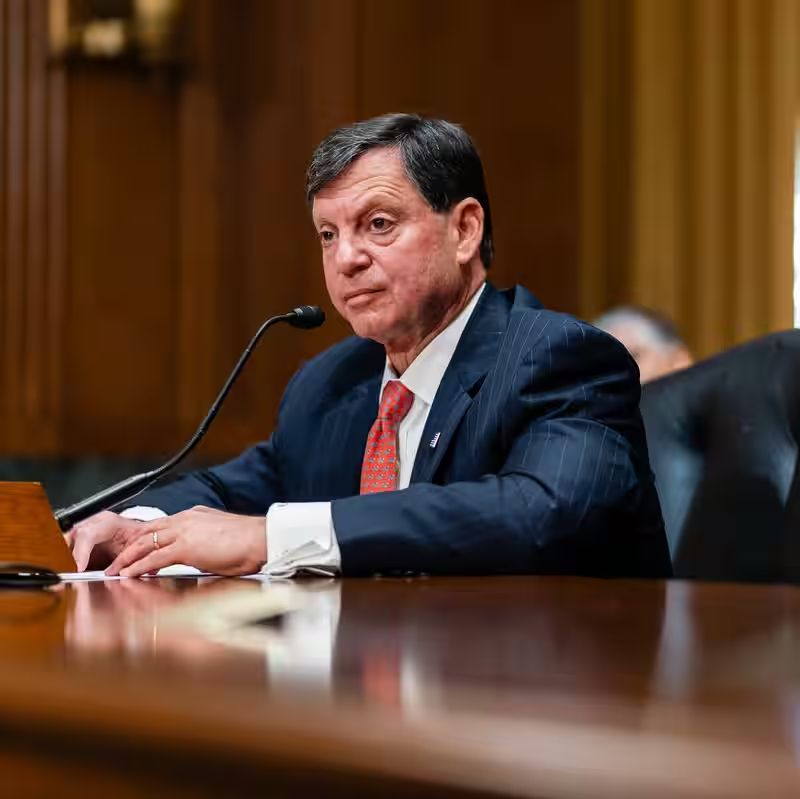Table of Contents
- Frank Bisignano’s Timely Fiserv Stock Sale
- Holding Dual Government Roles While Owning Corporate Stock
- What Caused Fiserv’s Stock to Crash?
- Ethics and Insider Trading Concerns
- Sources
Frank Bisignano’s Timely Fiserv Stock Sale
Frank Bisignano, a top Trump-era official who currently serves as both Commissioner of the Social Security Administration and a senior advisor at the Internal Revenue Service (I.R.S.), sold his entire stake in Fiserv just days before the company’s stock plummeted by over 22% this week . The transaction, disclosed in federal filings, has sparked questions about timing, transparency, and potential conflicts of interest.
According to Securities and Exchange Commission (SEC) records, Bisignano offloaded approximately 180,000 shares of Fiserv between October 24 and October 27, 2025—netting an estimated $24 million at an average price of $133 per share . By October 30, Fiserv shares had crashed to $103 following a disappointing earnings report and lowered guidance.
Holding Dual Government Roles While Owning Corporate Stock
Bisignano’s position is unusual: he simultaneously leads the Social Security Administration—a role confirmed by the Senate in early 2025—and maintains an influential advisory role at the I.R.S., where he oversees modernization efforts tied to financial technology infrastructure .
What makes this situation more complex is Bisignano’s deep ties to Fiserv. Before joining the Trump administration, he served as CEO of the Atlanta-based fintech giant for over a decade. Though he placed his assets in a blind trust upon taking office, recent disclosures show he retained direct control over Fiserv stock until this month’s sale .
What Caused Fiserv’s Stock to Crash?
Fiserv’s sharp decline came after the company reported weaker-than-expected third-quarter earnings on October 29. Revenue fell short of analyst projections, and the firm cited slowing adoption of its payment processing platforms among small banks. The company also announced it would delay a major cloud migration project, rattling investor confidence .
Market analysts noted that insider selling often precedes negative corporate news—but proving improper conduct requires evidence of non-public information being used. So far, no formal investigation has been announced by the SEC or the Department of Justice.
Ethics and Insider Trading Concerns
Government ethics experts say the timing of Bisignano’s sale is “highly suspicious,” even if not illegal. “When a former CEO sells millions in stock days before a crash, it demands scrutiny—especially when that person holds sensitive government roles overseeing financial systems,” said Laura Peterson, senior ethics counsel at the Project On Government Oversight .
The Office of Government Ethics (OGE) confirmed it is reviewing Bisignano’s asset disclosures but declined to comment further. A spokesperson for the Social Security Administration stated that “all transactions were conducted in full compliance with federal ethics rules.”
Still, critics argue that allowing individuals with deep corporate ties to manage critical public institutions creates inherent conflicts. “You can’t run Social Security while cashing out of a company that processes government payments,” said Rep. Jamie Raskin (D-Md.) in a statement.




